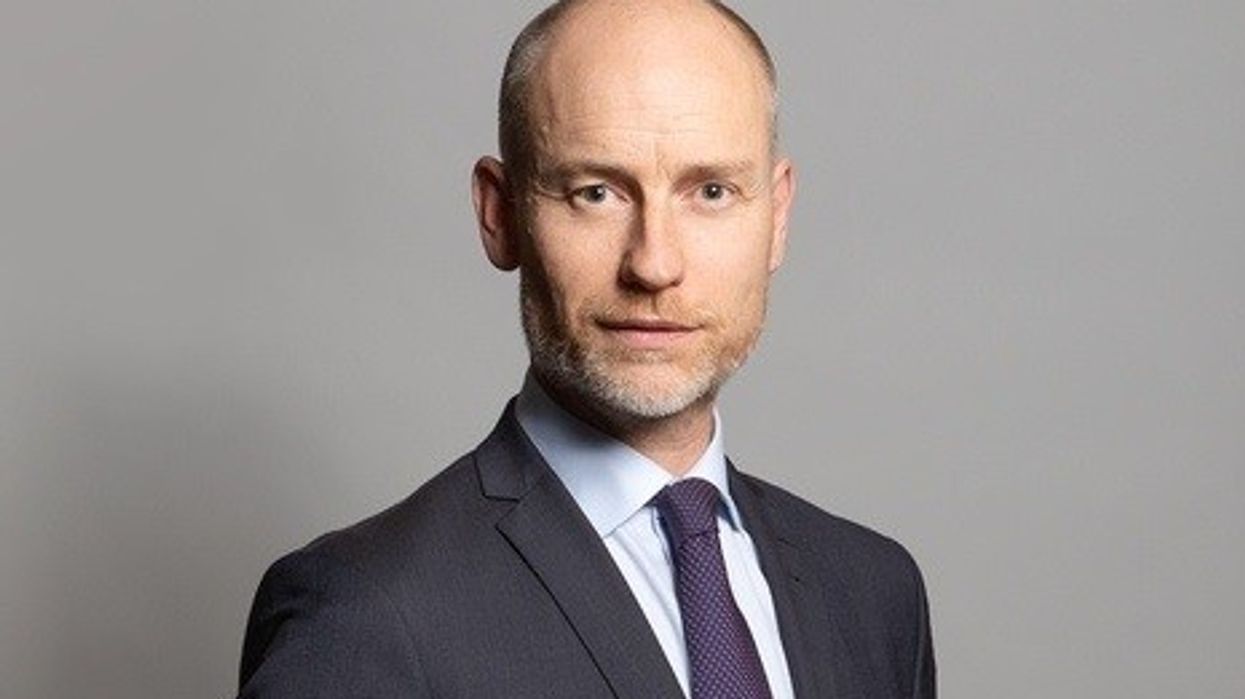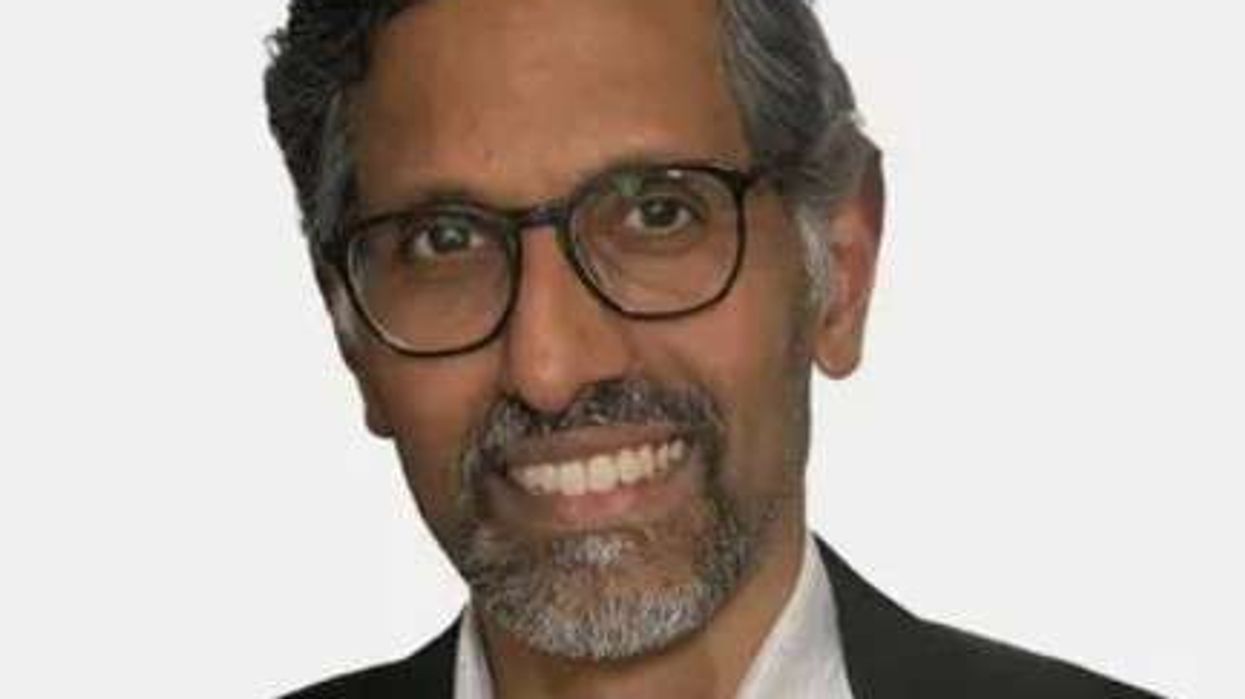The Department of Health and Social Care (DHSC) has confirmed on Thursday (15 June) that everyone aged 60 and over will continue to receive free prescriptions.
In response to a consultation launched by the DHSC in 2021 looking at whether the age free prescriptions become available should be aligned with the State Pension age, which is currently 66, the government decided to freeze the age at 60.Minister for Health Neil O’Brien said: “This government recognises the pressures with the cost of living caused by Russia’s invasion of Ukraine. That’s why we are providing cost of living help worth £3,300 on average per household over last year and this, among the most generous help anywhere in Europe.
"It’s also why we have decided to maintain the prescription exemption age where it is. Nine out of 10 prescriptions are already free at the point of use and on top of that we also provide financial help to others on low incomes who don’t automatically get prescriptions for free.
“Prescription charge exemptions will also remain in place for those aged under 16 or aged 17 and 18 but in full time education, while those in receipt of certain benefits can also receive free prescriptions,” said DHSC.For those who do not qualify for an exemption or the NHS Low Income Scheme, prepayment certificates (PPC) are available to help with frequent prescriptions should they be required.
The annual PPC can be paid for through 10 instalments. This means people can have as many prescription items as needed for just over £2 per week.
The National Pharmacy Association (NPA) has welcomed the Government’s decision to scrap proposals that would have ended free NHS prescriptions for many older people.
NPA vice chair, Jay Badenhorst, said: “People should not be denied access to prescription medicines on the basis of their ability to pay. Today’s decision means that we’ll avoid many more people being dragged into that situation.
“From a pharmacist’s point of view, processing prescription levies is a task which adds workload but has no patient benefit. We are healthcare professionals and have no interest in being tax collectors!
“There would be little financial return for the NHS from increasing the upper age for exemption. It could lead to indirect costs to the NHS as people’s health suffers from making a reluctant choice not to take their medicines as prescribed.”
“Ultimately we would like to see the government go further and scrap prescription charges altogether, though we accept this is not currently on the table.”
Chair of RPS in England Ms Thorrun Govind commented: “This is a victory for common sense and a huge relief to all those whose finances are already on the edge because of the cost of living crisis. The original proposal to charge over-60s more for essential medicines was wrong from the start.
"This decision is a welcome step in the right direction. Hopefully it’s a sign the Government is starting to listen to the huge concerns patients and pharmacists have about the negative impact of prescription charges on people's health.One in two pharmacists who responded to RPS’s recent survey said they’ve seen an increase in the last six months in patients asking them which medicines on their prescription they can 'do without' due to affordability issues.
Thorrun added: "The NHS is meant to be free at the point of use, but England is the only country in the UK that continues to charge patients for their prescriptions. Medicines are the most common intervention in healthcare and should not be seen as a revenue tool. “Prescription charges are an unfair tax on health for people in England and we continue to call for this complex and bureaucratic system to be abolished.”










